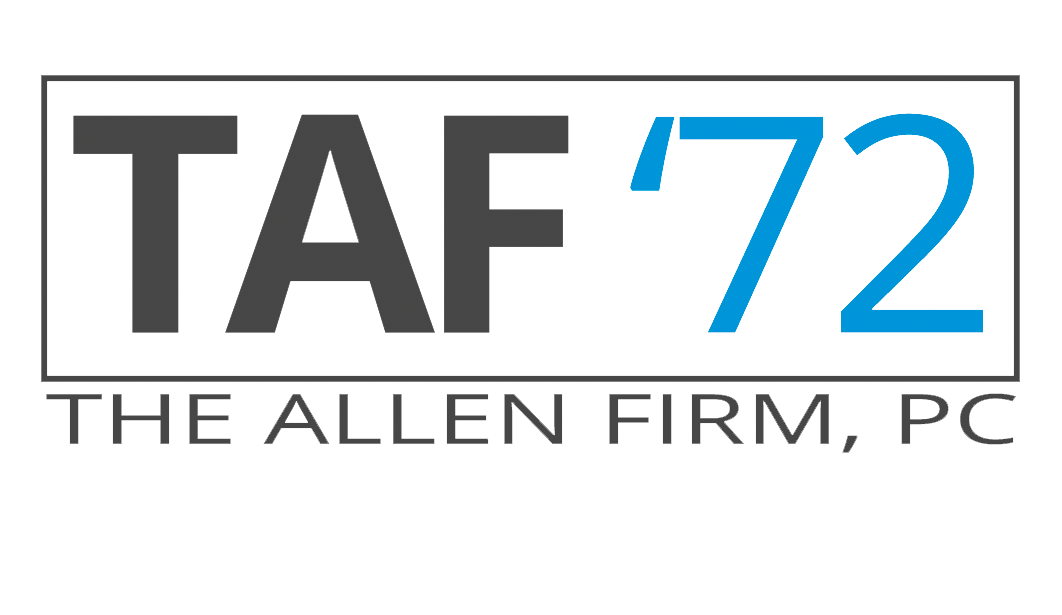Generally: Federal Tax Liens
A federal tax lien is a legal claim against all current and future property, including but not limited to real estate, automobiles, wages, and bank accounts. 26 U.S.C. § 6321, https://www.irs.gov/businesses/small-businesses-self-employed/understanding-a-federal-tax-lien. A federal tax lien automatically arises after the Internal Revenue Service (IRS) assesses personal liability, sends a notice and demand for payment (first bill), and the individual neglects or refuses to timely pay the debt in full. The IRS may then file a Notice of Federal Tax Lien (notice) with local or state authorities (i.e. county recorder of deeds or Secretary of State) to alert creditors that the government has a legal right to such property. The lien continues until liability for the amount owed is paid or becomes unenforceable by reason of lapse of time. See 26 U.S.C. § 6322.
Effect of Federal Tax Lien on Real Estate
A lien imposed under 26 U.S.C. § 6321 is not valid against any purchaser, holder of a security interest, mechanic’s lienor, or judgment lien creditor until notice is filed in the designated office, pursuant to the laws of the particular state where the property subject to the lien is situated. 26 U.S.C. § 6323(f)(1)(A)(i). Property is deemed to be situated according to its physical location. Further, the Secretary provides the form and content of the required notice. 26 U.S.C. § 6323(f)(3). In Texas, notice is effective if properly filed in the real property records. See TEX. PROP CODE ANN. § 13.002.
State law determines what rights the taxpayer has in the property the Government seeks. However, whether a state law right constitutes “property” or a “right to property” is a matter of federal law. In other words, “[s]tate law creates legal interests and rights. The federal revenue acts designate what interests or rights, so created, shall be taxed.” Furthermore, if local law provides that one person is subrogated to the rights of another concerning a lien or interests, such person is also subrogated to such rights for any federal tax lien imposed under 26 U.S.C. § 6321.
Importantly, section 6323(b) provides protection of certain interests even when a notice of a federal tax lien is filed. 26 U.S.C. § 6323(b). Under this subsection, a holder of a lien upon property designated by section 6321 may be protected if their lien is first in time. More specifically, a holder entitled under local law to priority over security interests which are prior in time is protected if that holder’s lien secures payment of one of the following: (1) a tax of general application levied by any taxing authority based on the value of such property; (2) a special assessment imposed directly upon such property by any taxing authority if imposed to defray the cost of public improvement; or (3) charges for utilities or public services furnished to such property by the United States, a State or political subdivision thereof, or an instrumentality thereof. 26 U.S.C. § 6323(b)(6).
Right of Redemption
A right of redemption allows a borrower to retain property after foreclosure upon payment of the total amount of debt, including the principal balance as well as other costs and interests. Foreclosure is the legal process that facilitates a lender’s right to liquidate secured real property when a borrower defaults on their debt. Real property foreclosures in Texas are governed by Chapter 51 of the Texas Property Code.
Where a federal tax lien is attached to certain property, notice of the foreclosure sale must be given to the IRS at least 25 days in advance to extinguish the tax lien. 26 U.S.C. § 7425(c)(1); Furthermore, the IRS has 120 days to assert a right of redemption on the property. 26 U.S.C. § 7425(a), (d).
The United States may be named as a party in any civil action over the subject of a foreclosure and any judgment of such suit has the same effect as the local law in place where the court is situated. 28 U.S.C. § 2410(a), (c). A sale satisfying a lien that is inferior to that of the United States must be made without disturbing the lien of the United States, unless the United States consents to such sale, allowing the parties to divide the proceeds. But when the subject property sold is encumbered by federal tax lien that is inferior to a prior lien, foreclosure in favor of the government is not appropriate. Case law has provided: “A court required by the express terms of the statute to adjudicate all matters, the merits of all claims to and liens upon the property…has the full capacity, and corresponding duty, to assure that the liens and interests are effectually respected in accordance with the court’s determination of validity, rank[,] and priority.” (emphasis added). Thus, when a mortgage has been validly foreclosed by a non-judicial sale of a valid, prior lien, the result is that all subsequent, junior encumbrances—including a federal tax lien—are extinguished. Id. at 482.
– The Business Team
Scott | Josh | Jeremy
The Allen Firm, PC
181 S. Graham Street | Stephenville, Texas 76401
Ph: 254.965.3185 | Fax: 254.965.6539
The Allen Firm, PC is composed of a team of attorneys located in Stephenville, Texas. Our mission is to improve people’s lives by providing reliable and practical help with their legal matters while operating under our values of honoring people, operating with integrity and striving for excellence. We offer help in forming businesses or companies, estate planning, lawsuits, real estate, probate, oil and gas, collections, agriculture, bankruptcy, family law, and accident and injuries.

